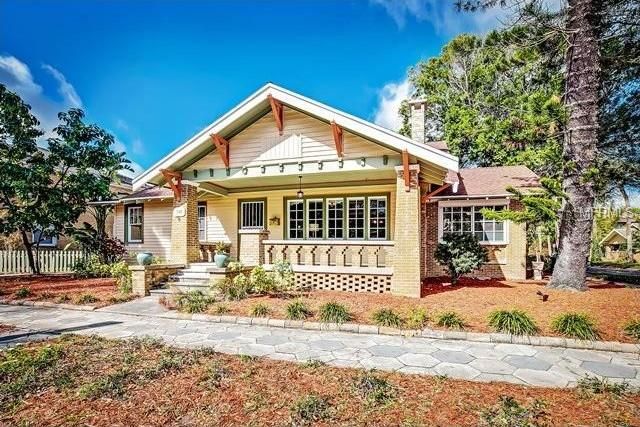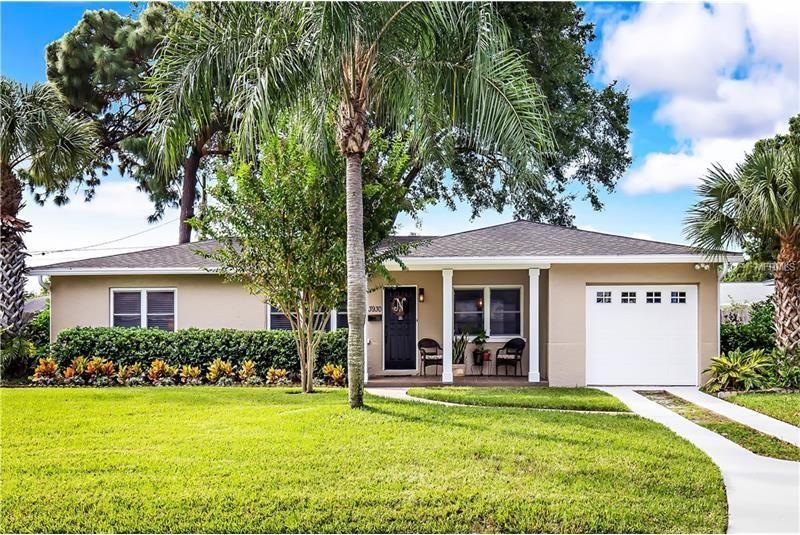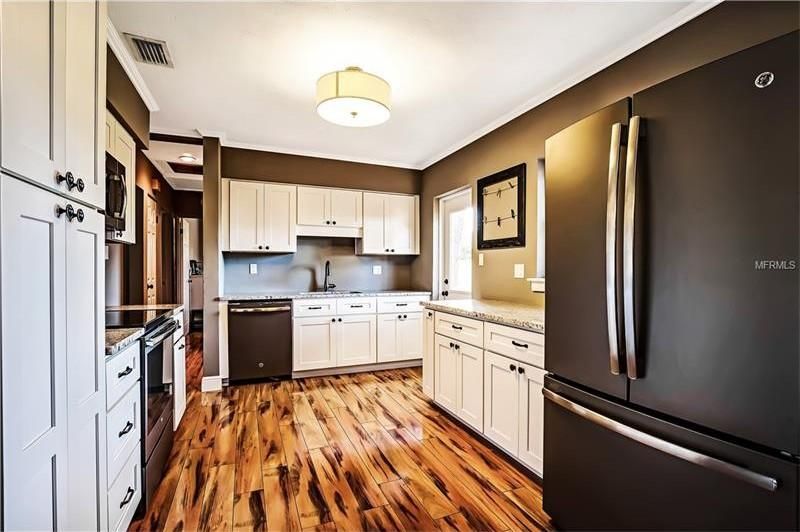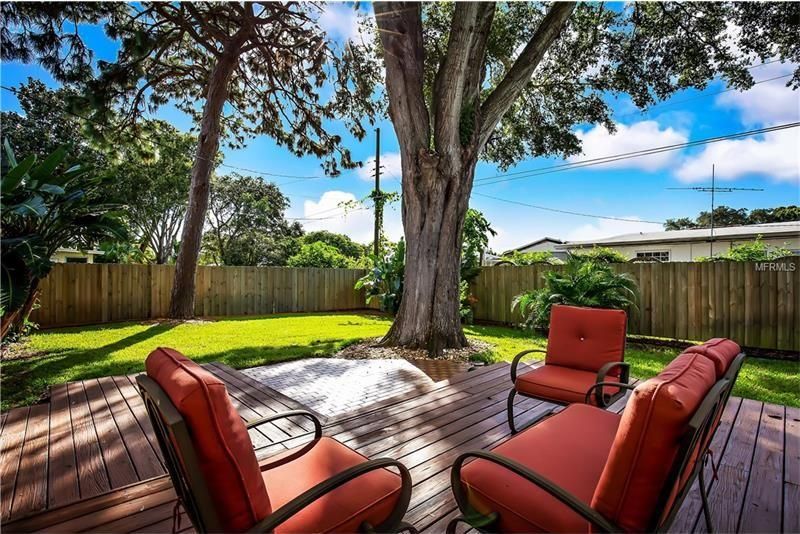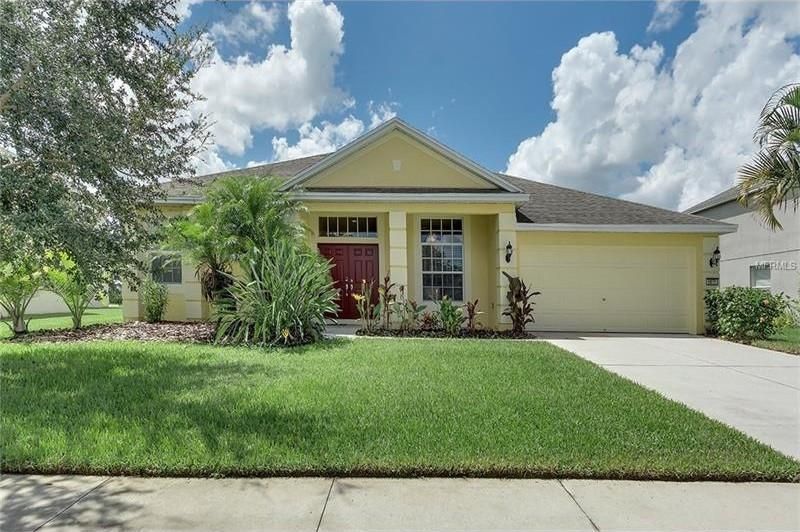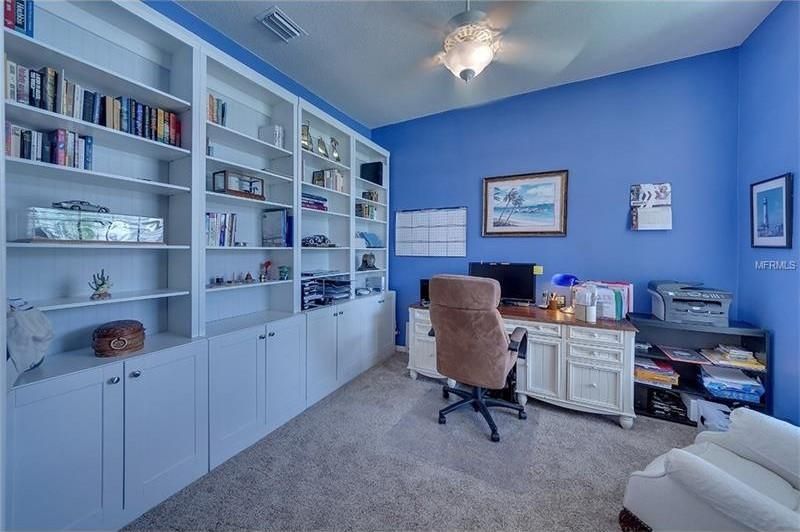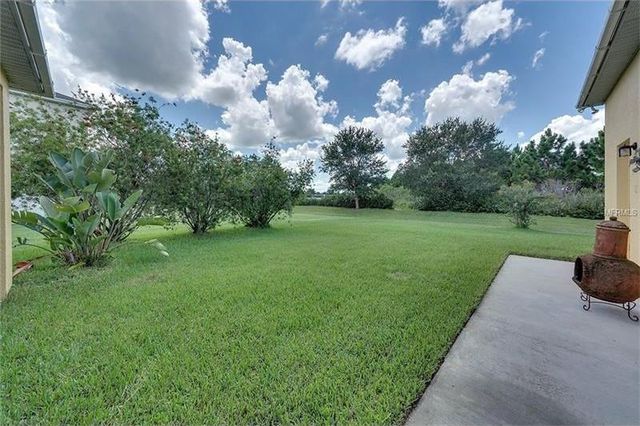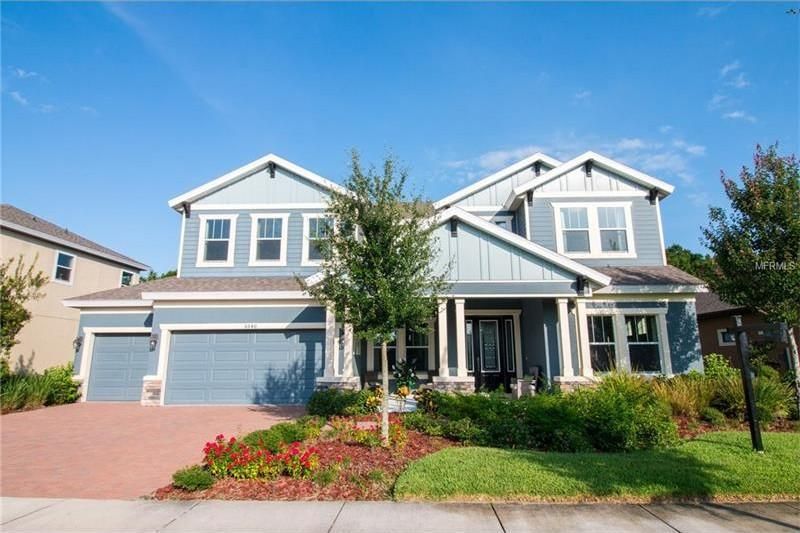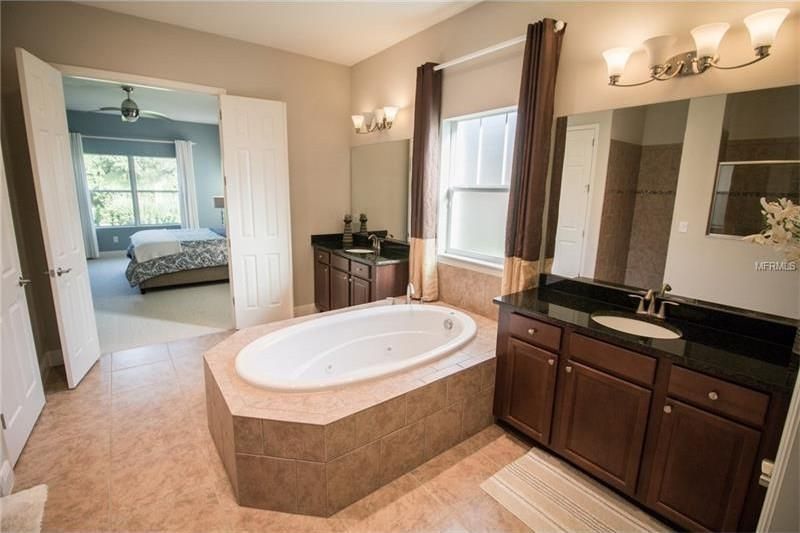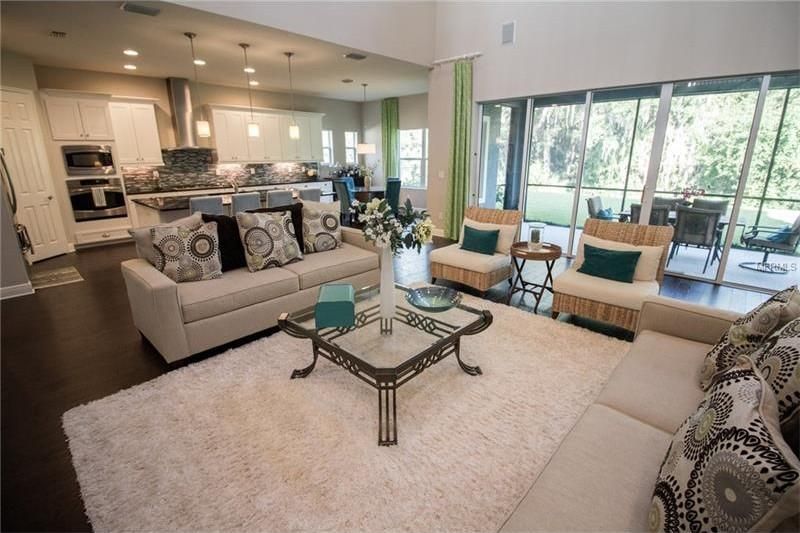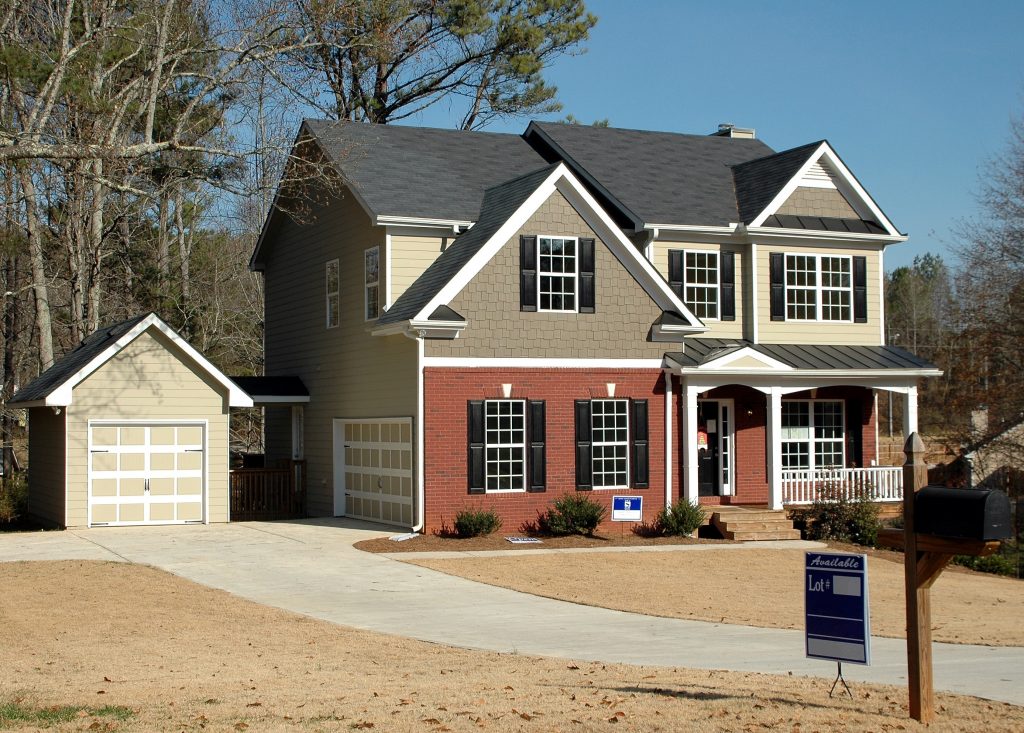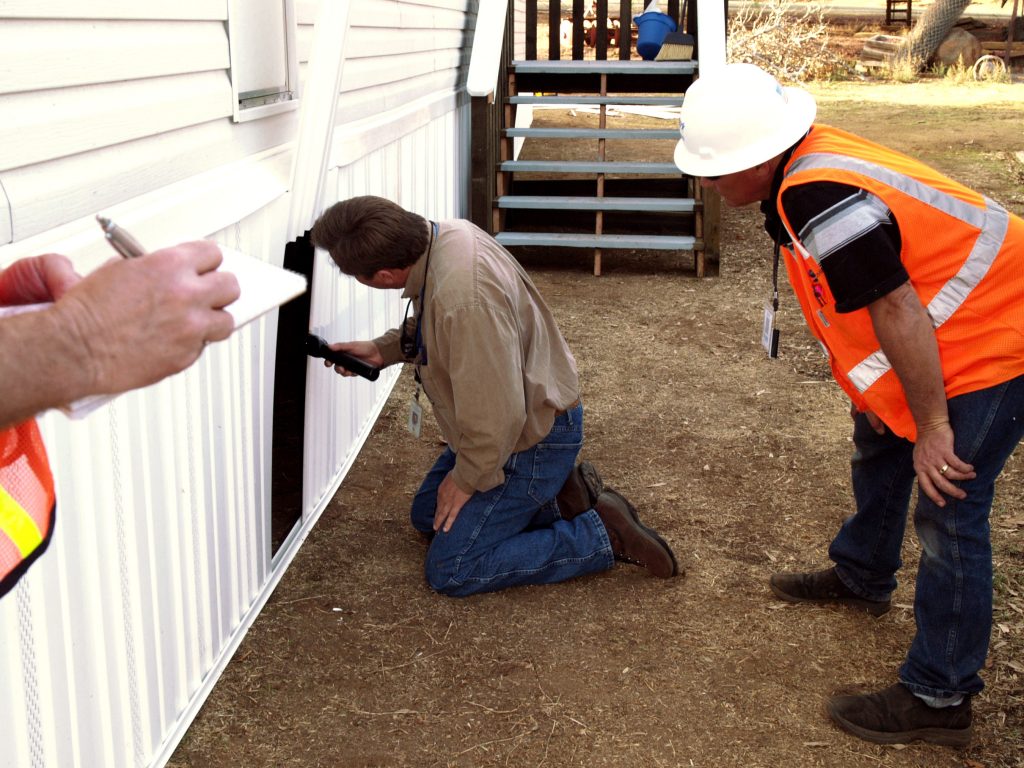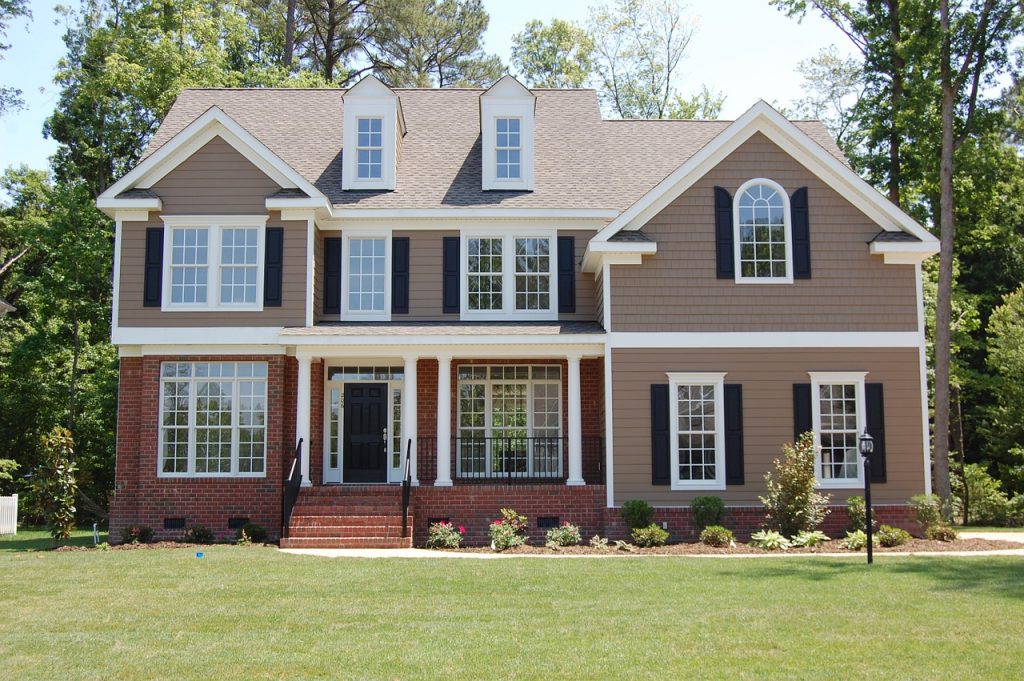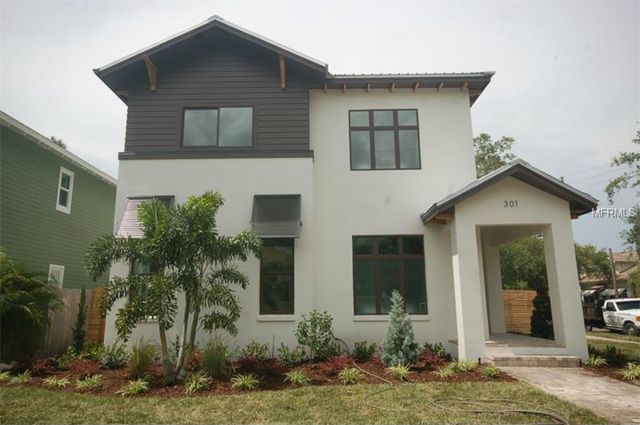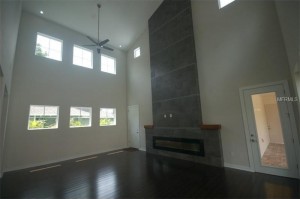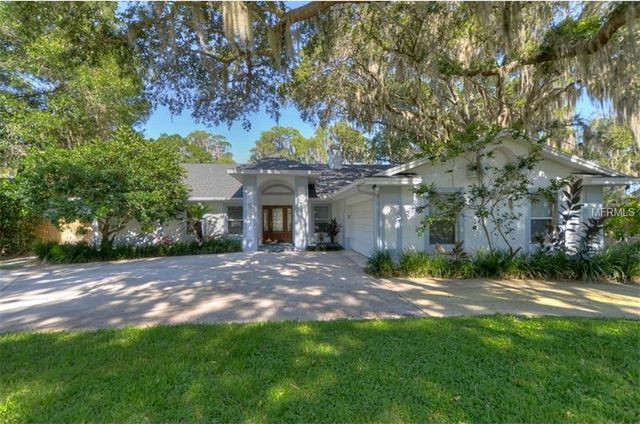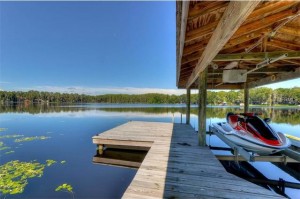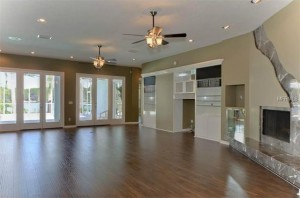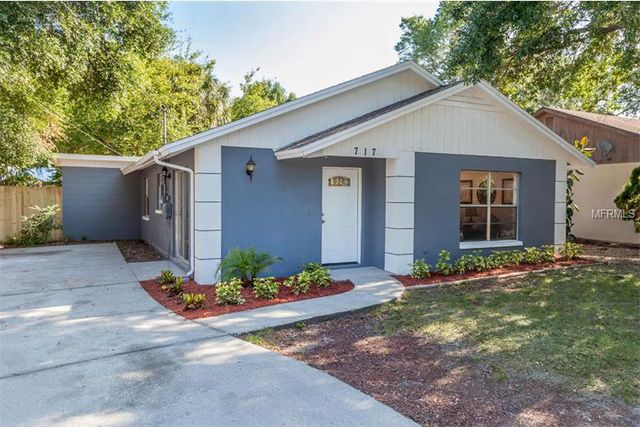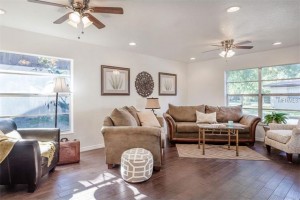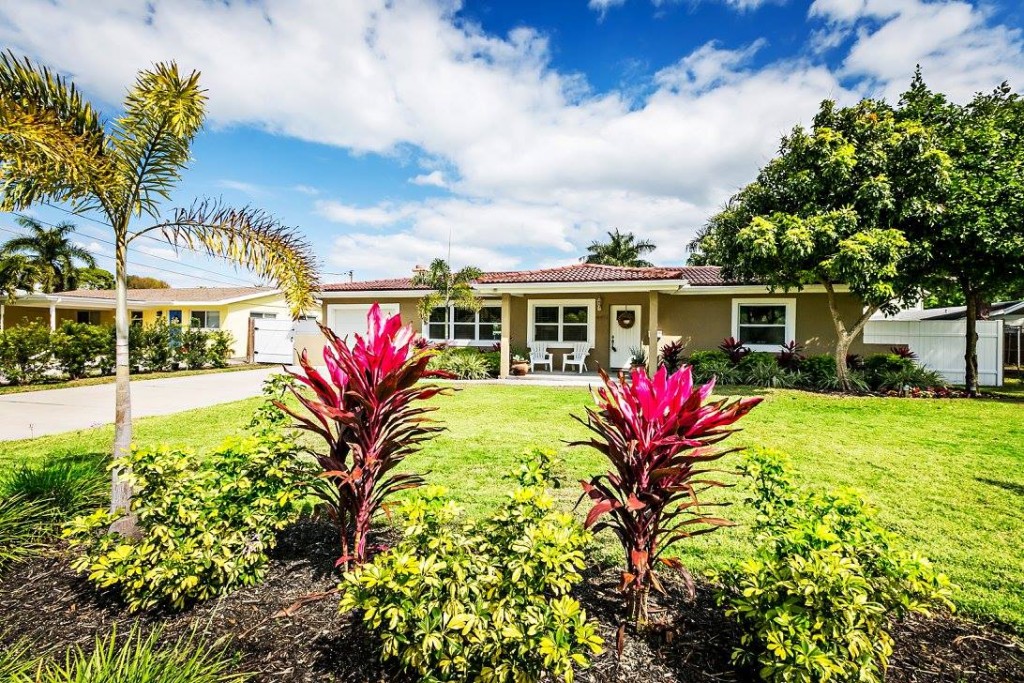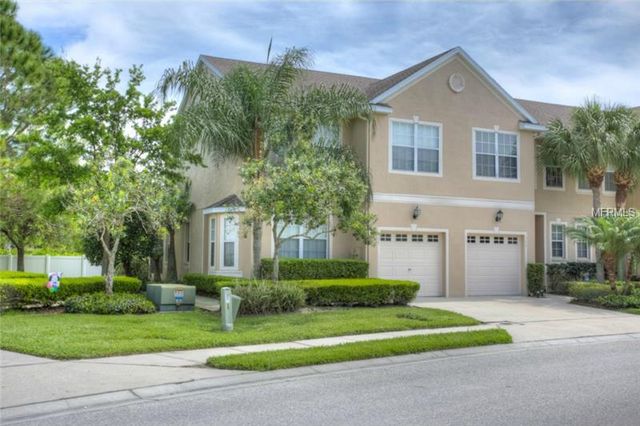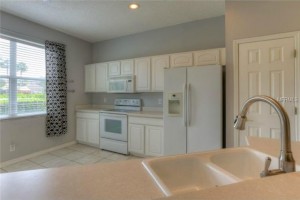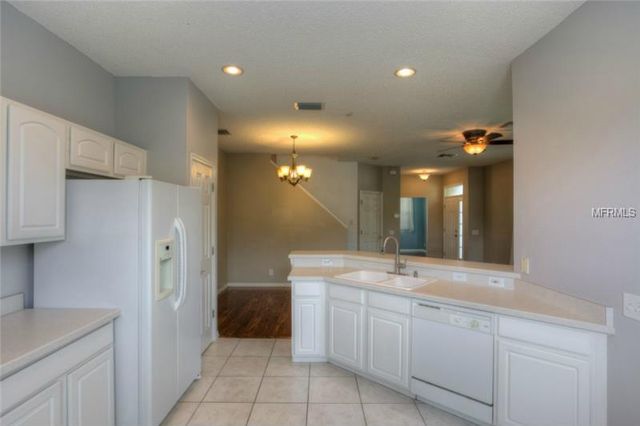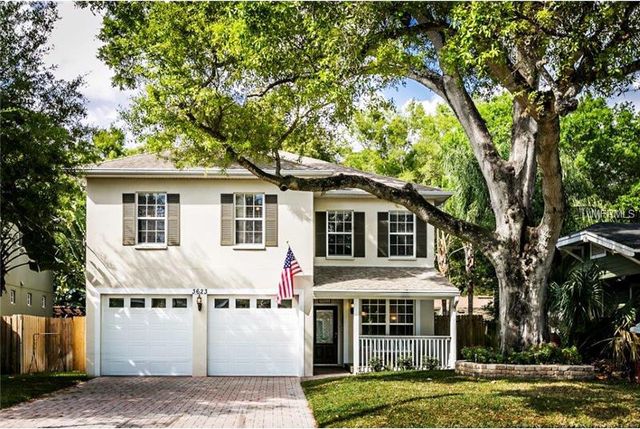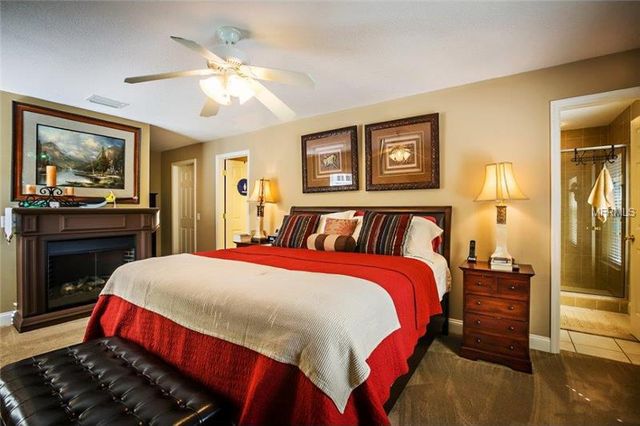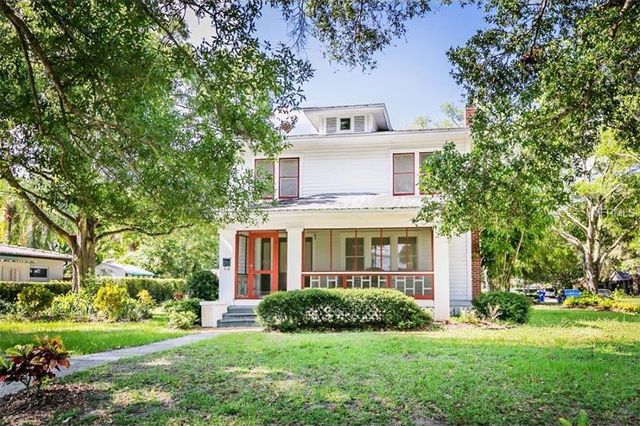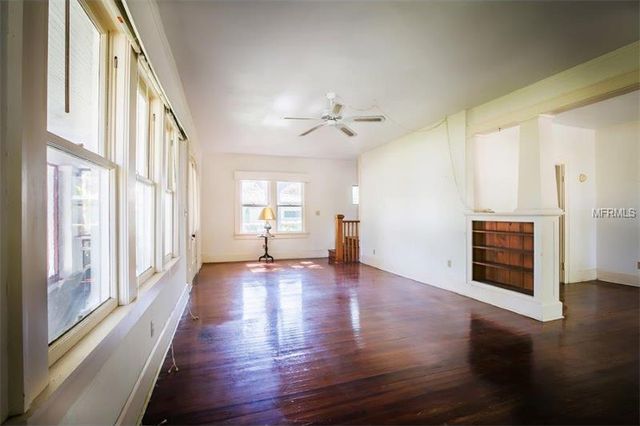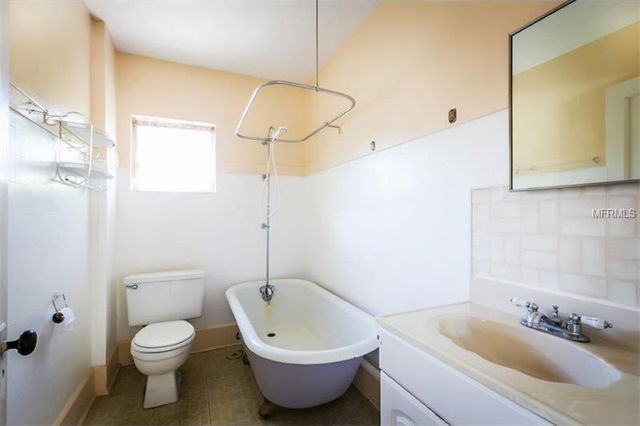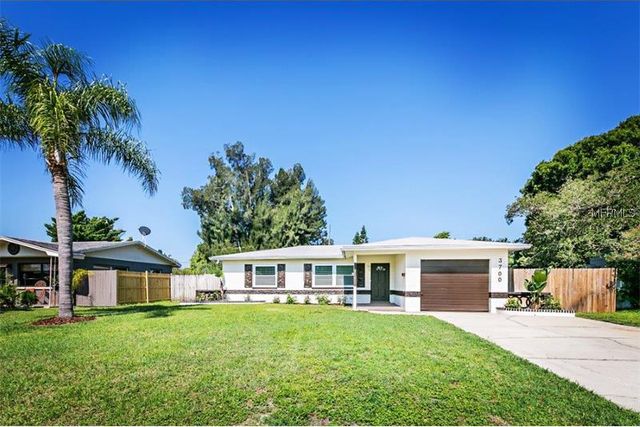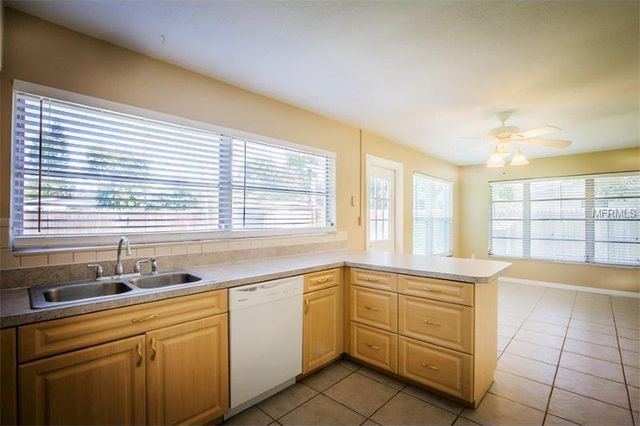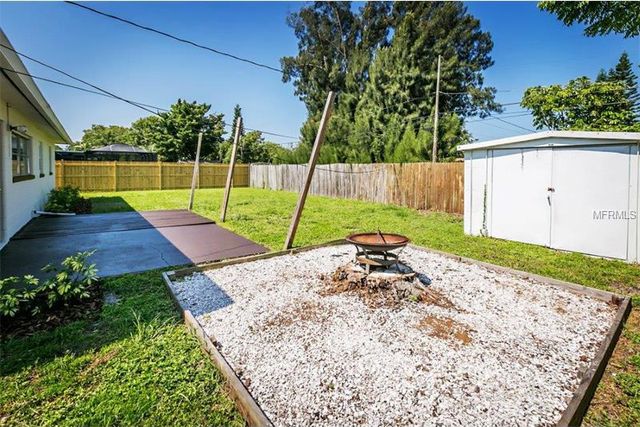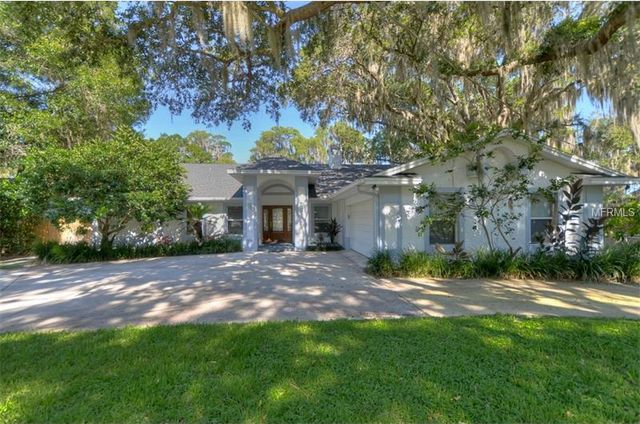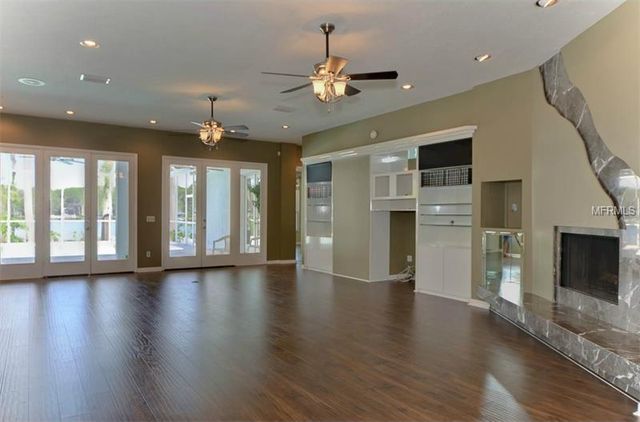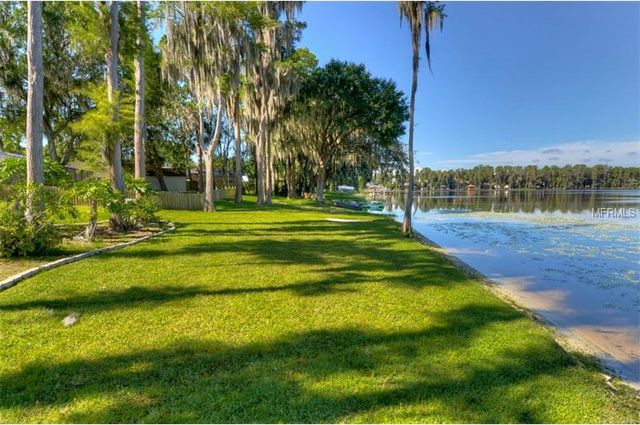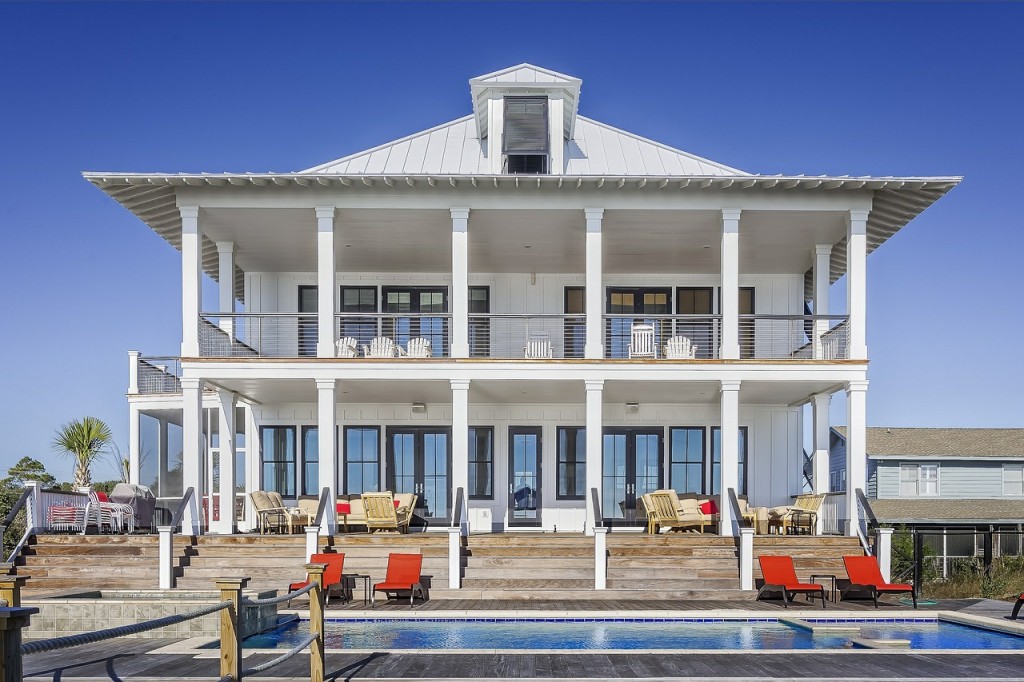You’ve listed your house at a competitive rate, you’ve had multiple showings, maybe an open house, and finally a Buyer makes an offer. You’re house is on it’s way to being sold. Not so fast! When you sign the agreement of sale you’ll notice certain contingencies are in effect. It may want to make you run fast from this Buyer but contingencies are actually a common and standard practice in most home sales.
What is a contingency?
In real estate, the term contingency refers to language in an agreement of sale that allows for the contract to be voided, usually without financial consequences, if certain conditions are not met. Some contingencies are standard practice based on local custom and others are specific to individual agreements
What are some common contingencies?
Most boiler plate agreements of sale will have contingencies built in for things like termite and home inspections, financing, and appraisal. Most Buyers (and their mortgage companies) will want termite and home inspections completed on the house prior to underwriting a loan. The idea is that if a defect or issue is found in either inspections the Buyer can request for remedy or repair prior to closing. If the Seller cannot or refuses to agree to the request, the contract becomes null and void and the earnest money is returned to the Buyer. Similarly, if the Buyer is relying on a mortgage to purchase the property a financing contingency will be enacted. This contingency requires the Buyer to secure financing within a set number of days. If the Buyer fails to do so and an agreement cannot be reached between Buyer and Seller to extend the contingency, the contract is again null and void but in this case the Buyer may lose their earnest money. If an appraisal comes in below the agreed upon sales price and the Seller is unable to reduce the price, the Buyer may walk away and retain his earnest money.

What are some unique contingencies?
The most familiar of the individual contingencies is the ability for the Buyer to purchase the property only after he has sold his current property. In this instance, it is up to the Seller to set a timeline for the Buyer to do so.
Recently, Buyers have been writing in contingency clauses for securing insurance for the property they are looking to buy. If an underwriter cannot be found or a policy cannot be written for a certain amount of money, the Buyer may call off the contract.
Should I accept a contingency?
For standard contingency like inspections and financing, most Sellers would be foolish not to. The only exception to this is if the property is listed for sale “as-is” or “cash only”. Most Buyers will require financing to purchase a property and most mortgage companies require thorough inspections of properties prior to furnishing funds and require the short windows of time to line up the appropriate vendors.
Other contingencies, like sale contingencies are ones that should give Sellers pause. It’s best to discuss the matter with your Realtor before making a decision. If the Buyer is attempting to sell their property in a red hot market, accepting a sales contingency may not be that much of a risk; conversely if the market is cold your property could be waiting in limbo for months before it closes. If you do accept a non-standard contingency be sure to write in language that allows for your property to continue to be shown to other prospective Buyers and if another non-contingent offer is made it can override the contingent offer in the first Buyer is unable to make a match within twenty-four to forty-eight hours.
Contingencies don’t have to spell disaster or even test your faith in your Buyer and the deal you’ve struck. Make smart and informed decisions when it comes to a contingent offer and know what you are and aren’t willing to deal with before ever listing your house.
